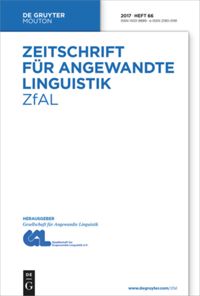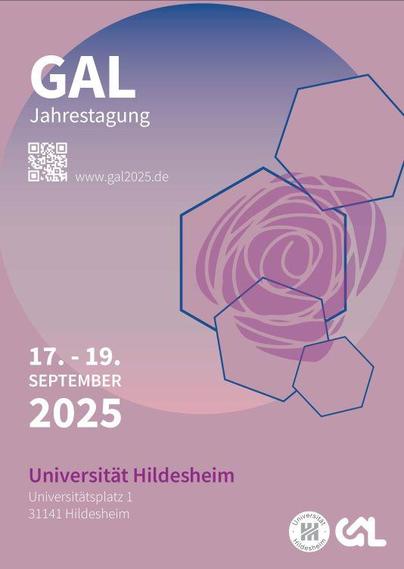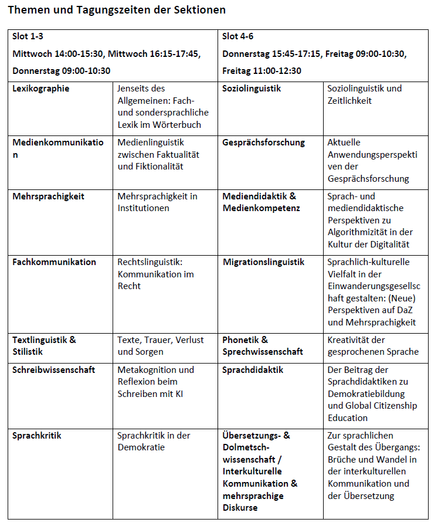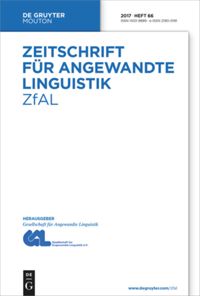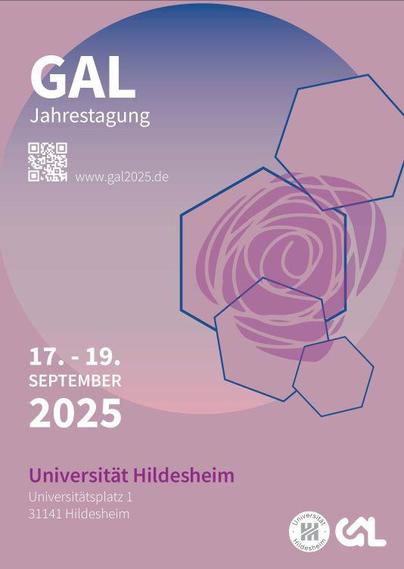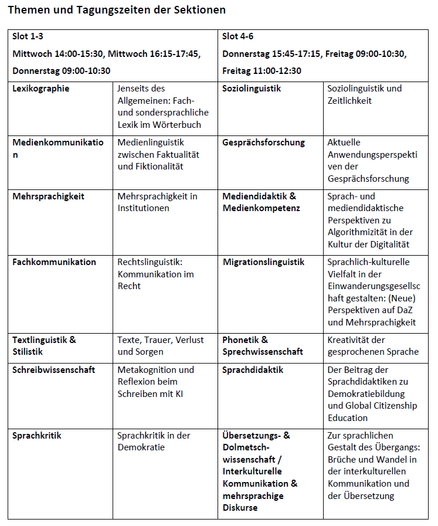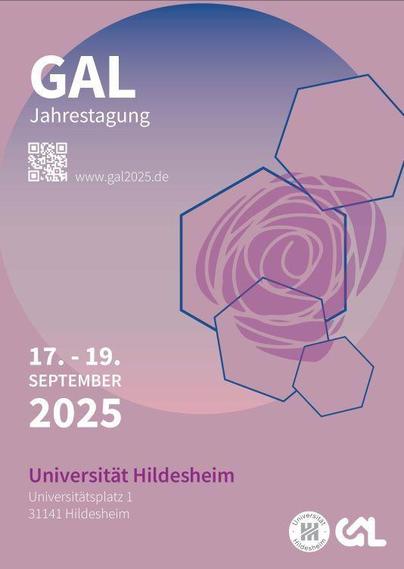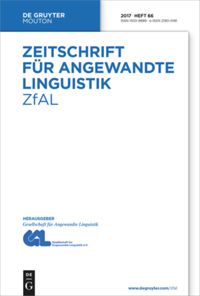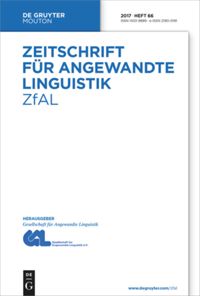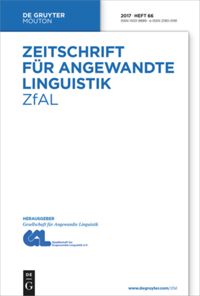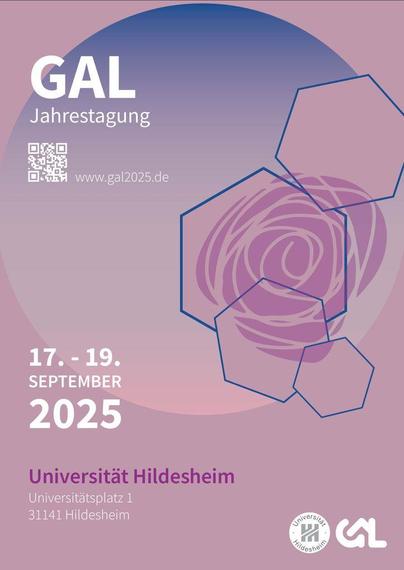"Lebensereignisse im Bildungsbereich als Erklärung für individuellen Sprachwandel" von Wirtz & Vergeiner
https://doi.org/10.1515/zfal-2025-2006
#OpenAccess #ZfAL #GAL #appliedlinguistics
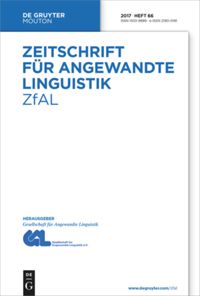
Lebensereignisse im Bildungsbereich als Erklärung für individuellen Sprachwandel
Major life events (MLEs) in the educational domain such as graduating school or beginning a new degree set an important course for each individual’s life. However, the impact of such MLEs on patterns of individual-level language change across the lifespan, and how their impact may vary among individuals, is far from clear. In this article, we thus demonstrate the variation in patterns of individual-level perceived linguistic change affected by educational MLEs (i. e., graduating school, beginning a new degree, graduating university) among 181 Austrian participants with first language German. Our goal is to both quantitatively and qualitatively investigate which constellation of individual differences in event experiences and other psychosocial factors are associated with differences in reported individual-level linguistic change following educational MLEs. Bayesian modeling indicated that gender and proficiency in nonstandard varieties were particularly predictive of individual-level linguistic change. Qualitative analysis revealed a blended operation of socio-affective and language biography-related factors being associated with educational MLE-related change in the sociolinguistic repertoire.
